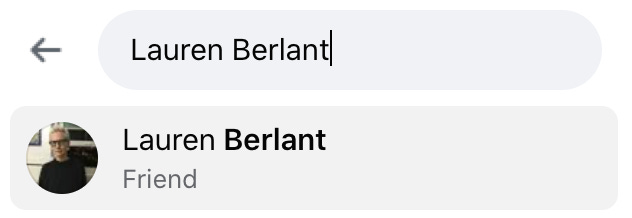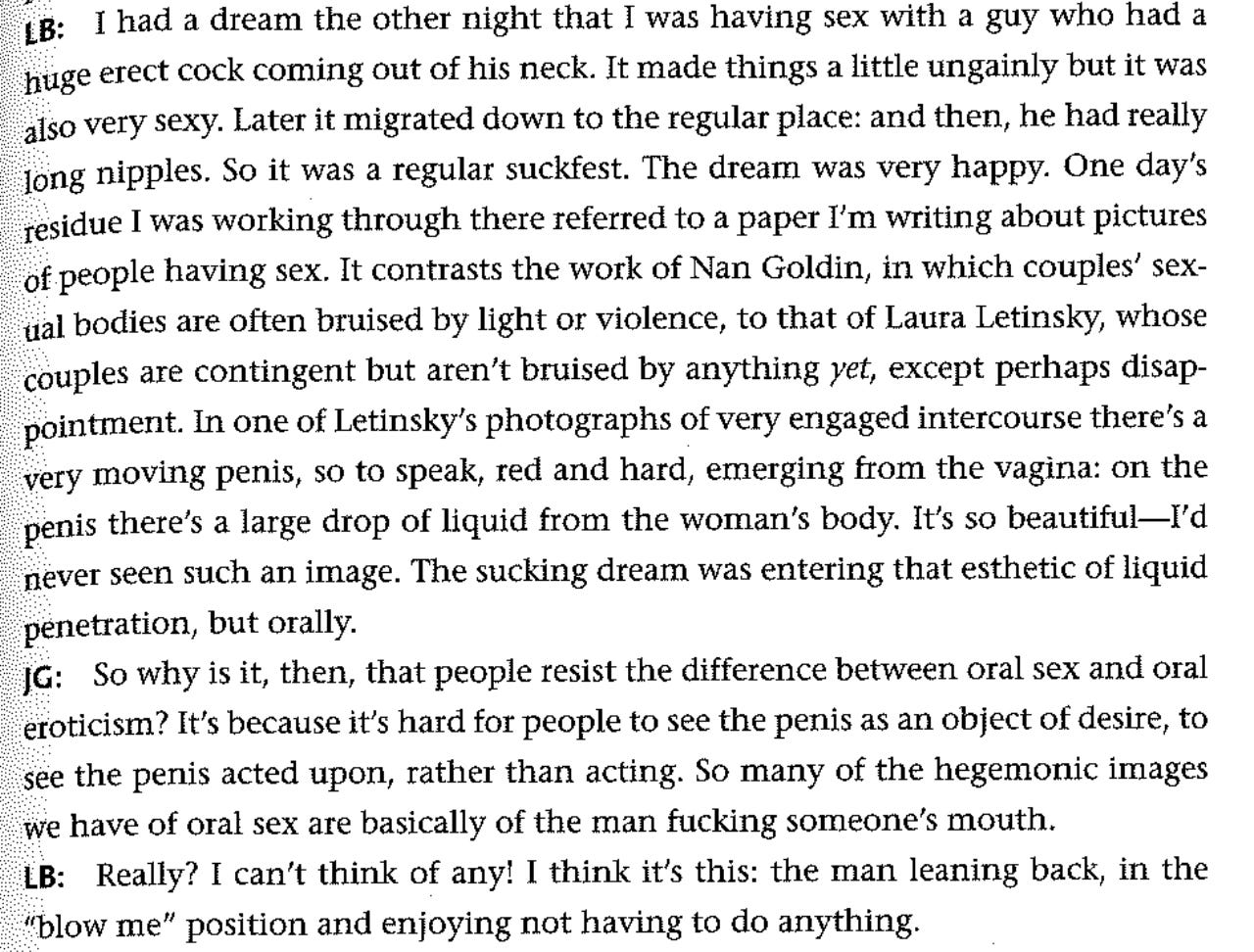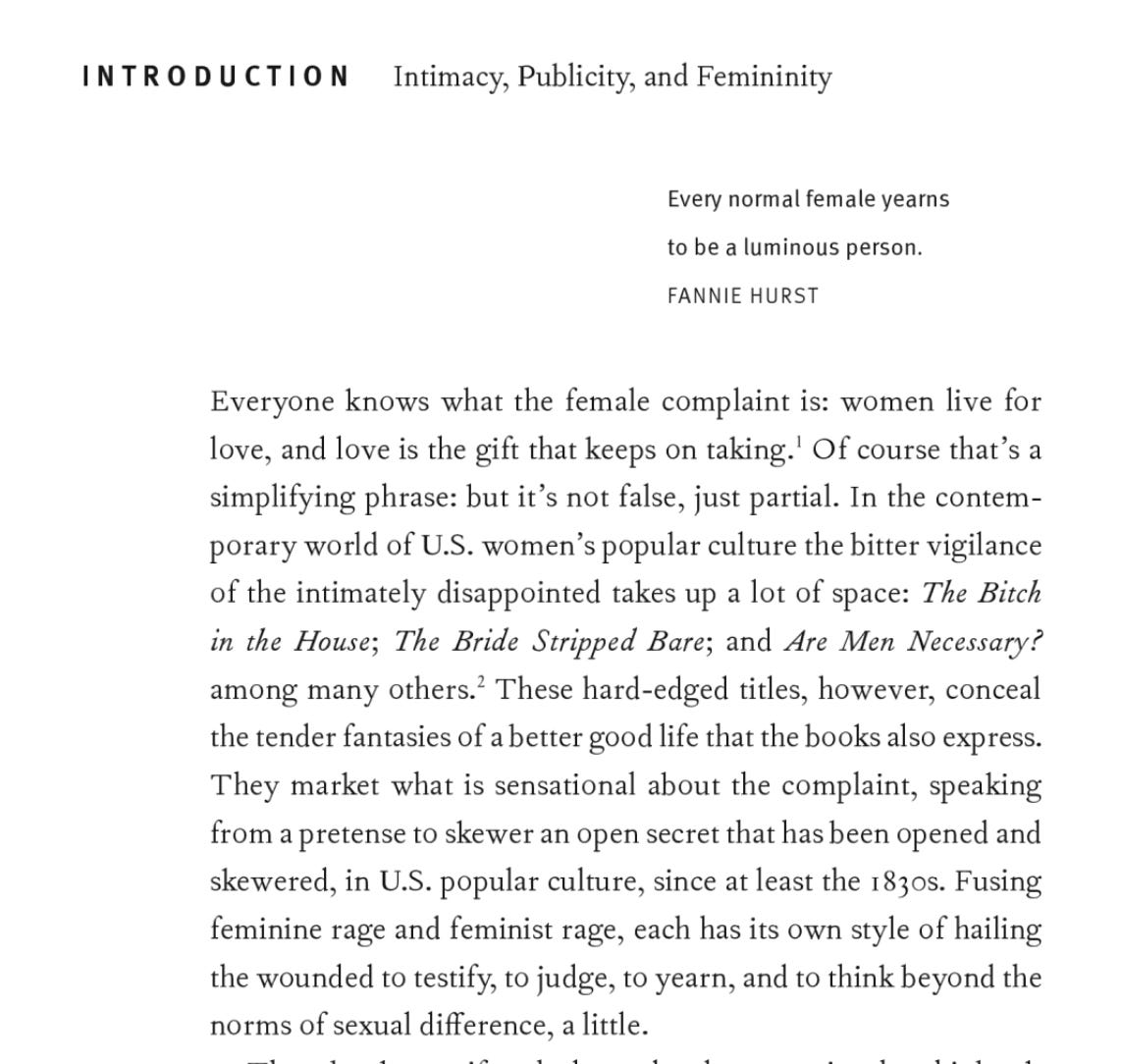I’m waking this morning to the news that Lauren Berlant has passed away. I don’t know if it’s true––it might not be. Let me hope it isn’t. Lauren’s Facebook account is still active; Lauren Berlant: Friend.
Lauren wasn’t my friend. They were everything. I arrived in the United States in 2008, in a marriage that satisfied neither of the people it had stuck together, and was introduced to Cruel Optimism by someone who was my friend, but Lauren was something else: a spark-plug, a device, an explosion in inexplicable felt. I met them a few years later, at a grad conference I had co-organized for the sole purpose of getting on a dinner with Lauren Berlant. I spent the dinner embarrassingly wasted, holding hair back for someone even more wasted than I was. They were kind to me, in a way one is not kind to friends. And over the years, whenever they bestowed upon me a Facebook thumb or––more rarely––a heart, I texted someone about it. I do this also with Catherine Gallagher. If Margreta de Grazia were on Facebook, I would do it with her too, but dear god I hope she never is.
The first order thoughts are so selfish, I disgust myself. They owe me an email, I’ll never get that email. We need them if we are going to survive, the only avowedly trans person profiled by the fucking New Yorker. I hate the truth of Cruel Optimism; it is so obviously right, and yet so difficult to come out from under. The legions of squealing masochists Berlant has uncovered at the heart of American culture. The discovery of American masochism may be one of their signature achievements; they alone would have been worthy of a Nobel Prize in Theory, but of course would eviscerate the naive universalism that would undergird any such emplotment. Why must the Berlantian fuzz hit with such technical precision? It is as though they have been taking better drugs than the rest of us. In an earlier phase, I mistakenly classified Berlant as “coke theory,” but it’s obviously not right: they are a cocaine-laced joint, or perhaps a quaalude dipped in speed. Fuzz and force.
At some point I’ll think about this work more seriously. I can only think of Lauren’s dream of a long-nippled guy with a cock coming out of his neck, in their conversation with Jane Gallop about Monica Lewinsky.
I think it was really cool of them to interview Jane Gallop about Monica Lewinsky back in 2001. I also think it’s kind of amazing that they couldn’t picture face-fucking.
That’s not my favorite moment in Lauren’s work, though I love it. My favorite is the opening paragraph of The Female Complaint.
I’m just not in a place where I can say much about it. No Lana without Lauren; no trans feminism without Lauren. No “feminine rage” without Lauren. The bard of feminism, chaotic good. Folk hero. Tavern brawler.
I’ve been thinking a lot recently about this problem: that the three lights of 1990s queer theory––Lauren Berlant, Judith Butler, and Eve Sedgwick––all had unacknowledged relationships with trans masculinity at the time. This is the historical observation that underpins a recent essay of mine on what I’ve called “egg theory”––queer theory as a reason not to transition. Of those, Sedgwick’s antagonism towards the notion of transition escalated, and I think it is fair to say that most readers of “White Glasses,” which I won’t like, sense the author’s ambivalence. Judith Butler became a they by default, and remains committed to the unarticulated position as an ethical norm. Lauren was an out tran, and proud. They were a they. At some point in the last few years, and as I say I barely knew them, we had hardly spoken, Lauren became a trans non-binary person. I loved them for that. Trans people are always being told our identity claims are naive. But we have Lauren Motherfucking Berlant.
Never motherfucking, rarely motherloving, unmaternal, yet a mommi by implication, and loved by all who know how hard it is to love. I have learned more from Lauren Berlant than almost anyone else, and I have no idea how we can survive this. I have never needed the fantasy of an afterlife more, I think. And nobody less amenable to such a face-saving fantasy than they, they, glorious they. We both liked The Magnetic Fields; here is a song of theirs.


